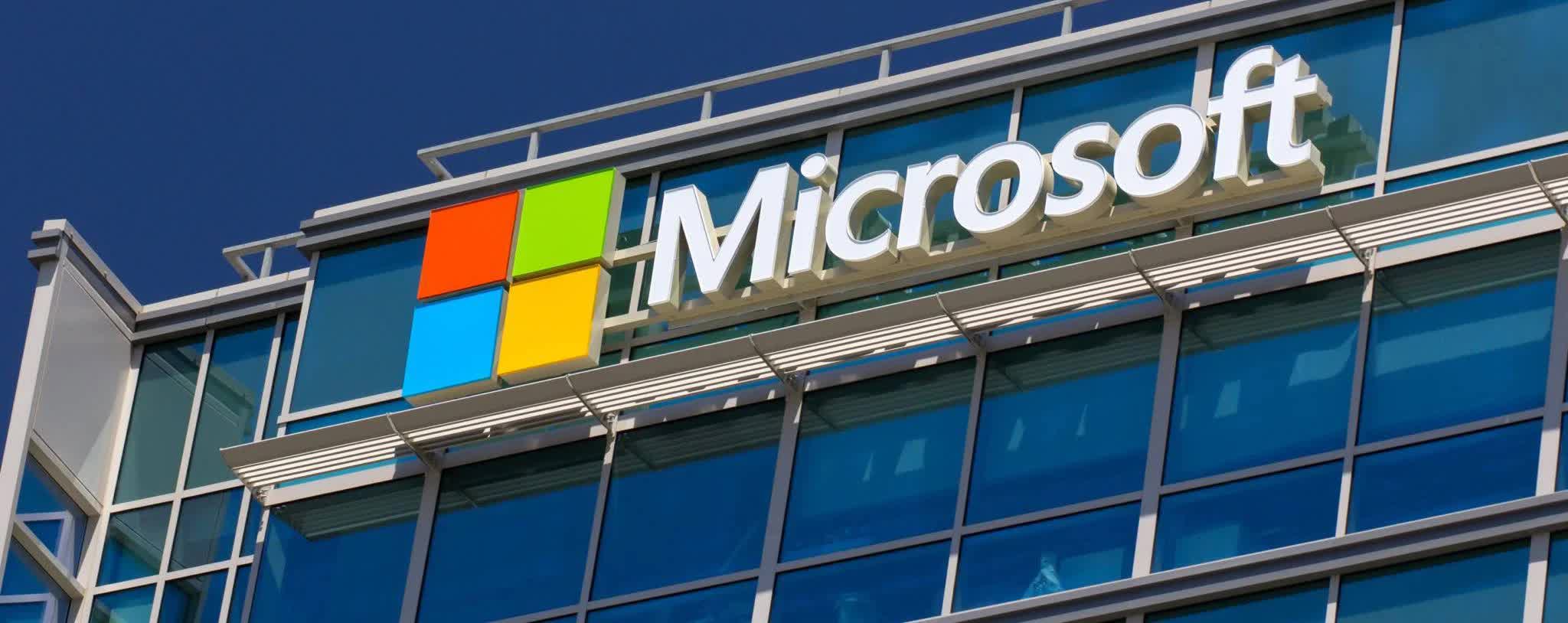In a nutshell: Microsoft has made it abundantly clear that WordPad is slated for retirement. A newly published document outlines a specific timeline for the discontinuation of the longstanding software, indicating that its demise may occur sooner than anticipated.
Microsoft announced the deprecation of WordPad in September 2023, stating that the basic Windows word processor would no longer receive updates. Subsequently, WordPad was completely removed from Windows 11 preview build 26040. Now, the company is disclosing details about how and when the program will be phased out from Windows' integrated software tools.
According to a recently published article by Microsoft regarding resources for deprecated features, WordPad will be eliminated from all supported editions of Windows starting from Windows 11 version 24H2 and Windows Server 2025. Windows 11 24H2, the next major update for Windows 11, is expected to be released to users in the second half of 2024.
Microsoft explained to IT professionals that three different binary files associated with WordPad will be deleted as part of the software removal process. This list includes wordpad.exe, wordpadfilter.dll, and write.exe. Consequently, programmers should refrain from implementing a direct dependency on these binaries and the WordPad "brand" itself.

After WordPad is removed, Windows will no longer have a built-in default reader for rich-text format documents. Redmond suggests that users switch to Microsoft Word for complex word processing tasks or to Notepad for plain text documents (.txt). While Notepad remains an integral part of Windows, Microsoft Word is a commercial software, whereas WordPad was available at no additional cost.
WordPad was initially introduced with Windows 95 as a feature-rich replacement for the basic word processor included in Windows since the Windows 1.x era (Write). Microsoft continuously updated and improved the program with each subsequent Windows edition, introducing "modern" features such as Unicode support (Windows XP), support for Word DOC files (Vista), and a Ribbon-styled user interface (Windows 7).
The current market for word processor tools offers ample choices, including free online-based services and open-source, completely offline alternatives like LibreOffice. Alongside WordPad, the upcoming updates to Windows 11 (or the next rumored edition of Windows) will deprecate VBScript, which will be available as an optional on-demand feature before being retired, as well as TLS 1.0 and TLS 1.1 protocols, and the Microsoft Support Diagnostic Tool.
